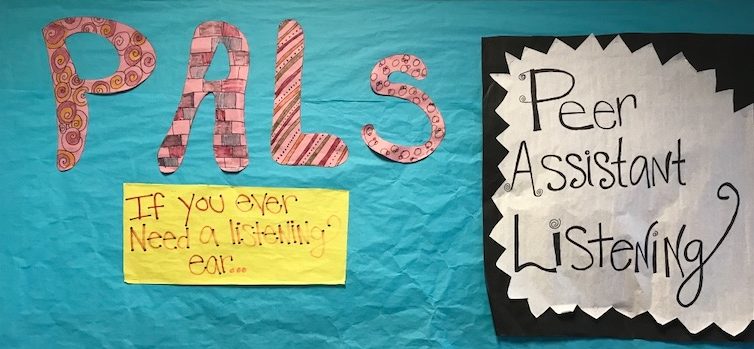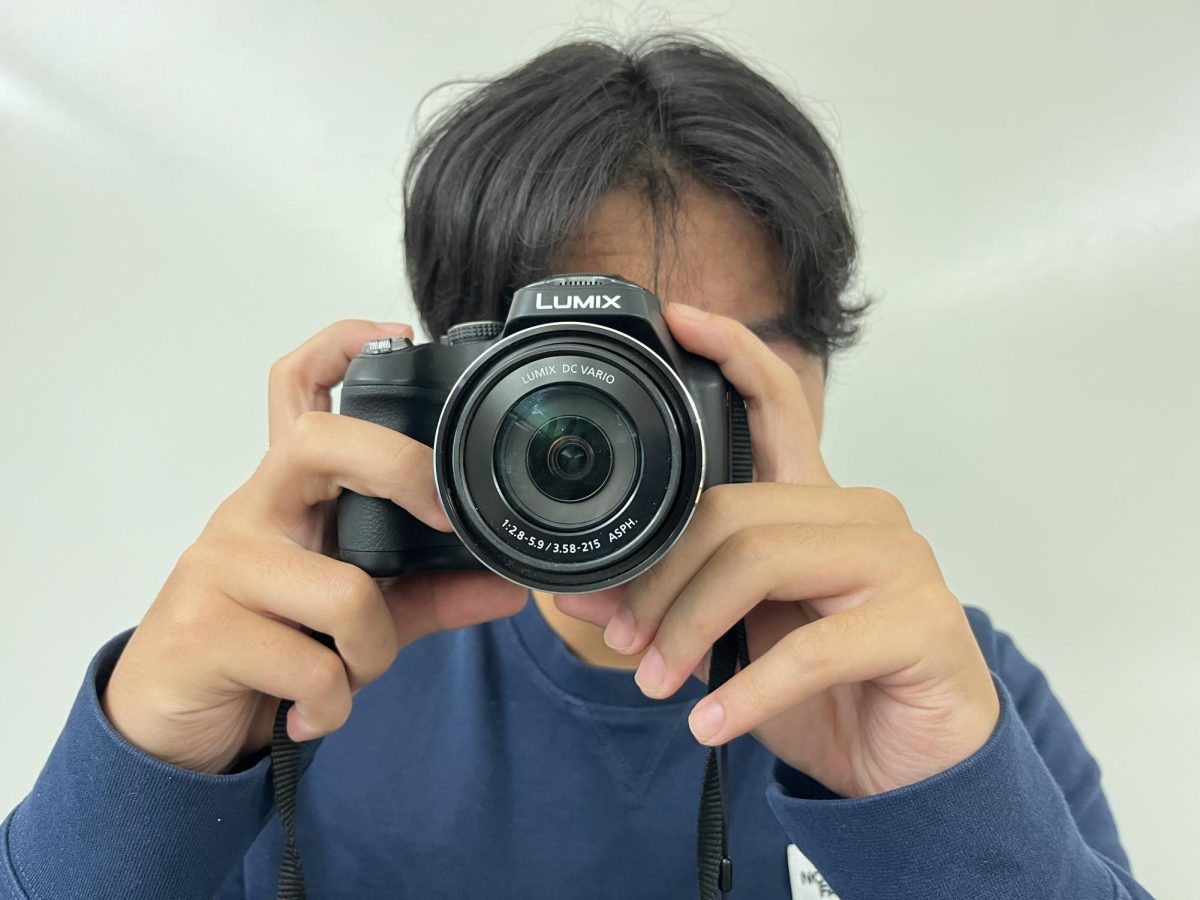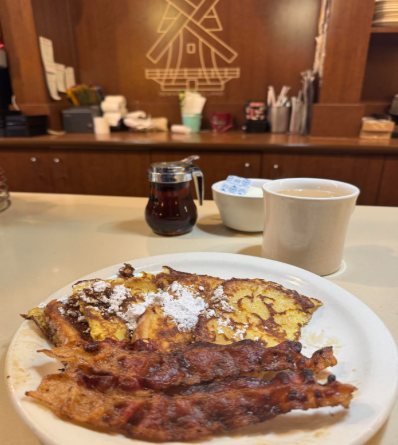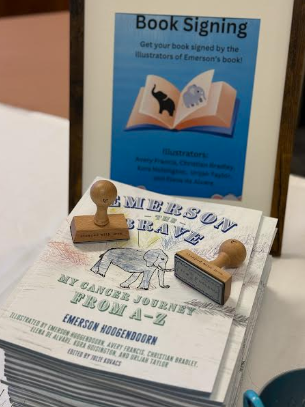Sr. Anyssa Phoxana entered the young kinders classroom for the second time that week. As she walked in, three students immediately jumped out of their seats to give her a big hug. It was their favorite part of the day, and Phoxana’s too. She sat down by a frustrated student who was working on a coloring page. Her mere presence seemed to calm him down, and he could continue working with her help.
Phoxana is part of the Peer Assistant Listener (PAL) program. PALs are seniors who are trained to listen and assist in decision making for younger students, becoming role models and friends along the way. Every day during sixth hour, these 30 students go to either Pine Creek Elementary, Woodside Elementary, or one of the middle schools. The PALs meet with an elementary class or with individual students at the middle school who are struggling in an academic, social, or emotional way. The PAL is there to offer support and friendship to younger students.
PALs hits close to home for some more than others. Three current PALs, including Phoxana, had a PAL themselves in elementary or middle school. It is clear through them that the program has a deep impact.
Sr. and current PAL Jerry Mejia vividly remembers Austin, a PAL that came into his class in kindergarten. “I used to be a troublemaker,” Mejia said. He and Austin would often meet one on one in the hallway during class. “He could come and sit with me and read a book to help calm me down,” Mejia said.
For the young Mejia, it was often the small moments that made the biggest difference. He remembers one day when he fell during recess, and he came into the building crying. “I remember my PAL holding my hand after that, and I felt safe and comforted,” Mejia said.
Mejia now takes those experiences to fuel him when he helps out in the elementary school. “I think of all of the effort he put into helping my class, and it makes me want to go even further.”
Phoxana’s personal PALs experience was in middle school during a hard time in her life, and she remains thankful that she had a PAL to talk to. “Every time my PAL would pull me out of class it was a stress reliever,” Phoxana said. “She was always there to listen and I knew I could rely on her.”
Phoxana, like Mejia, appreciates the help the PALs program has given her and keeps it in the back of her mind when she talks to the students she helps. “It is a reminder to me that everyone struggles in different ways,” she said. “It helps me help them.”
Sr. Starr Bustillos also had a positive experience with the PALs program. Bustillos met with a PAL weekly in middle school during a particularly hard time in her life. At that time, Bustillos said she needed someone to talk with where she did not feel guarded, and her PAL was that person. “I always knew I could trust her,” Bustillos said.
Bustillos feels she can empathize with students because she herself has had a PAL. “It was easy for me to know what to say,” Bustillos said. Bustillos knew the impact of having a kind person there to listen, and she committed herself to returning the favor for students like her.
It’s simple: the PALs program is life-changing, not only for the young students who need someone to listen, but also the high schoolers who are there to help.







